Germany, with its rich tapestry of history, culture, and natural beauty, is a destination that promises unforgettable experiences. From the bustling streets of Berlin to the picturesque landscapes of Bavaria, and from the historic charm of Heidelberg to the vibrant energy of Munich, Germany offers something for every traveler. However, as with any destination, there are pitfalls that can turn a dream vacation into a series of avoidable missteps.
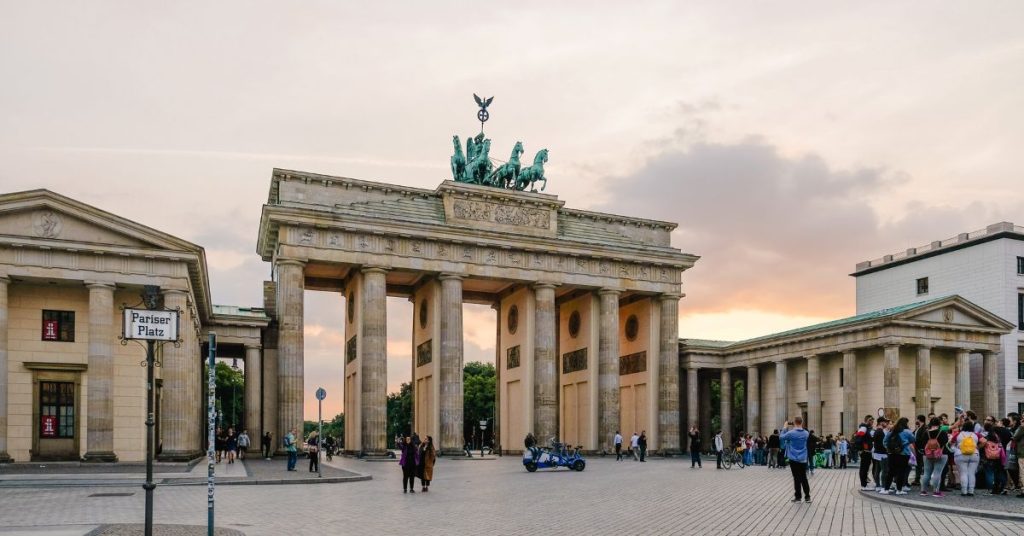
Imagine arriving in a new country, excited to explore its wonders, only to find yourself caught off guard by unexpected customs or logistical challenges. Maybe you’ve missed out on local traditions or found yourself lost due to misunderstandings about the transport system. These are common issues that travelers face, and they can easily be avoided with a bit of preparation and awareness.
In this comprehensive guide, we’ll dive deep into the mistakes that many visitors make when traveling to Germany and provide practical tips to help you navigate your trip with ease. Whether you’re planning a short getaway or a longer stay, this guide will ensure you make the most of your German adventure, avoid common pitfalls, and immerse yourself in all that this incredible country has to offer.
1. Not Understanding Local Etiquette and Customs
When traveling to a new country, understanding local etiquette and customs is crucial for a smooth and respectful experience. Germany is known for its distinct social norms and traditions that might differ significantly from what you’re used to.
Greetings and Social Norms
Germans value politeness and formality, especially in initial encounters. Here’s how you can navigate greetings and social interactions:
- Handshakes: A firm handshake is the standard greeting. It’s a sign of respect and is often accompanied by eye contact. Avoid overly casual greetings like hugging or backslapping unless you are familiar with the person.
- Punctuality: Time is highly valued in Germany. Being late is often seen as disrespectful. Always strive to arrive on time for meetings, reservations, and social gatherings. If you’re running late, it’s polite to notify the person or venue.
Table Manners and Dining Etiquette
Dining in Germany comes with its own set of rules that are essential to follow:
- Keeping Hands on the Table: While eating, keep your hands on the table (not in your lap). This is considered proper dining etiquette.
- Wait Until Everyone is Served: It’s customary to wait until everyone at the table has their food before starting to eat.
- Tipping Practices: Tipping is appreciated but not obligatory. In restaurants, rounding up the bill or adding a 5-10% tip is a common practice.
By adhering to these customs, you’ll show respect for German culture and avoid inadvertently offending your hosts.
2. Ignoring Regional Differences
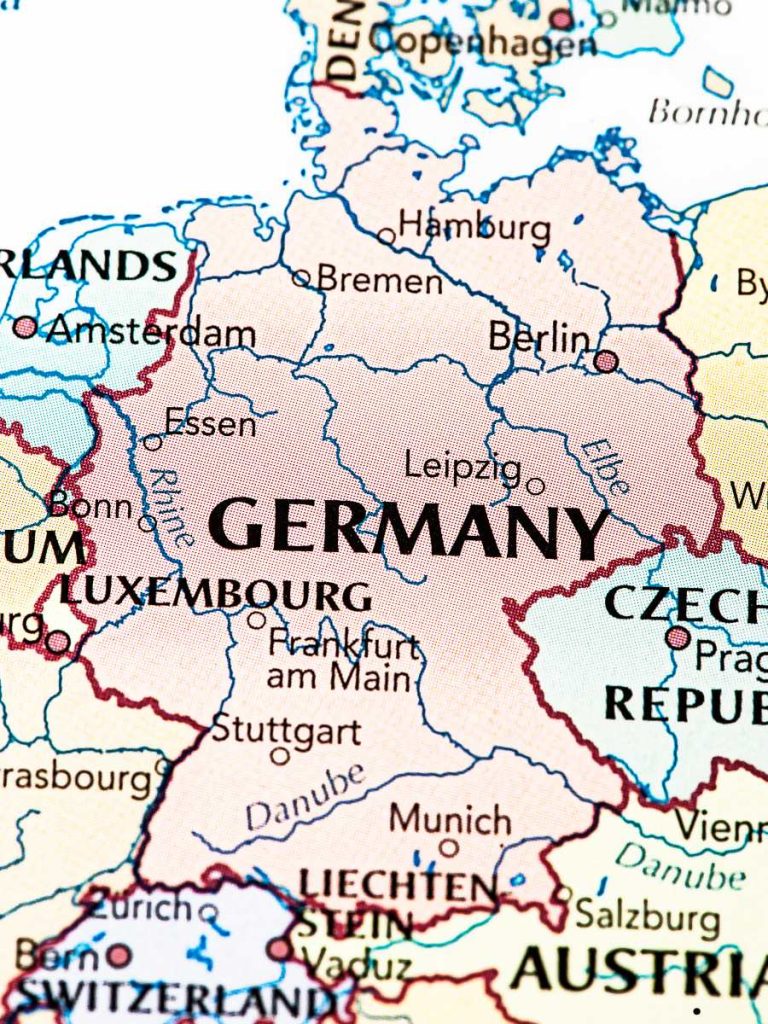
Germany is a country with rich regional diversity, and overlooking these differences can lead to missed opportunities and misunderstandings.
Cultural Variations
Each region in Germany has its own unique cultural identity, influenced by historical events and local traditions:
- Dialect Differences: From Bavarian in the south to Plattdeutsch in the north, regional dialects can vary significantly. While most Germans speak standard German, it’s helpful to be aware of these differences, especially when traveling to more rural areas.
- Regional Customs: Customs and traditions can vary widely. For example, the Oktoberfest is a major event in Bavaria, while northern Germany has its own festivals and traditions.
Cuisine Variations
German cuisine is as diverse as its culture. Here are some regional specialties:
- Bavaria: Known for hearty dishes like Weisswurst (white sausage) and pretzels.
- Rhineland: Famous for its Sauerbraten (pot roast) and local wines.
- Hamburg: Renowned for its fresh seafood and the iconic Hamburger.
Understanding and appreciating these regional differences will enrich your travel experience and help you avoid any cultural faux pas.
3. Misunderstanding Transportation Systems
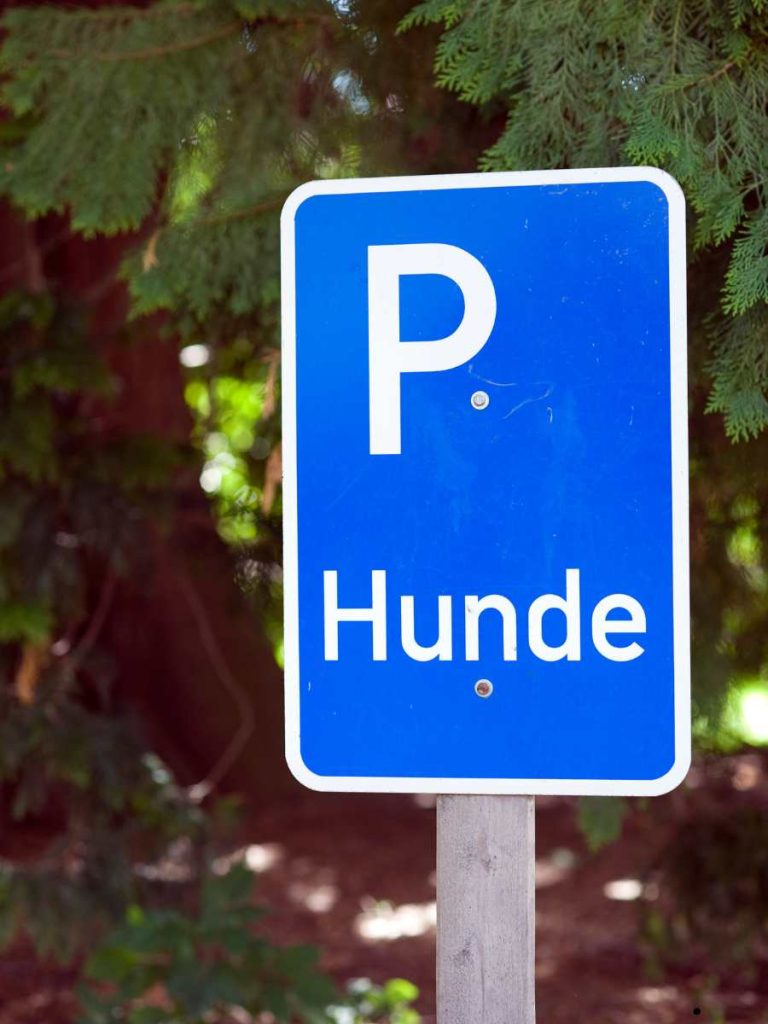
Germany’s transportation system is efficient and well-organized, but it can be confusing if you’re not familiar with it.
Public Transport
Germany boasts an extensive network of public transportation, including trains, buses, and trams. Here’s what you need to know:
- Ticket Validation: In many cities, tickets need to be validated before boarding. Look for validation machines at stations or stops.
- Connections and Schedules: Public transport is generally punctual, so be aware of schedules and connections to avoid missing your ride.
Driving in Germany
If you plan to drive, there are a few key points to remember:
- Speed Limits: Germany has specific speed limits, especially on the Autobahn. While some sections have no speed limit, others do, and it’s important to adhere to posted signs.
- Road Signs: Familiarize yourself with common German road signs and regulations. For instance, “Einbahnstraße” means one-way street, and “Abbiegen verboten” indicates no turning.
Parking Regulations
Parking can be tricky, especially in urban areas:
- Parking Zones: Be aware of different parking zones and regulations. Some areas require a parking disc or permit.
- Avoiding Fines: Follow parking rules strictly to avoid fines. Double-check signs and markings to ensure you’re parked legally.
4. Overlooking Language Barriers

While many Germans speak English, especially in tourist areas, relying solely on it can lead to misunderstandings.
Language Expectations
Understanding basic German phrases can enhance your experience:
- Greetings and Politeness: Simple phrases like “Guten Morgen” (Good morning) and “Bitte” (Please) can go a long way.
- Useful Vocabulary: Learn key terms related to transportation, dining, and directions to navigate more easily.
Effective Communication Tips
Here’s how to bridge the language gap:
- Translation Apps: Use apps like Google Translate to help with real-time translations.
- Language Cards: Carry a small card with essential phrases written in German for quick reference.
5. Underestimating Weather and Seasonal Variations
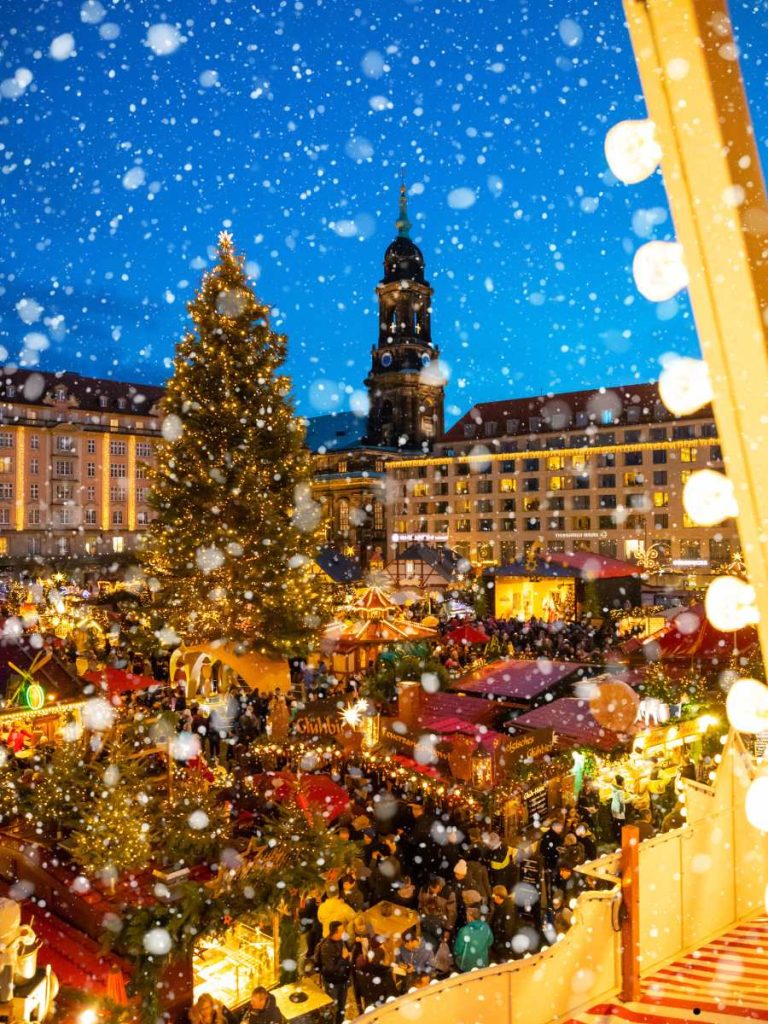
Germany’s weather can be unpredictable and varies by region and season. Planning accordingly can prevent discomfort and missed opportunities.
Weather Conditions
Germany experiences four distinct seasons, each with its own weather patterns:
- Winter: Cold and often snowy, especially in the northern and mountainous regions. Pack warm clothing if visiting during this time.
- Summer: Mild to warm temperatures, with occasional rain. Light clothing and a rain jacket are advisable.
- Spring and Fall: Mild temperatures with varying weather. Layering is key to adapting to changing conditions.
Seasonal Activities
Germany offers seasonal activities that are worth experiencing:
- Christmas Markets: Visit in winter to enjoy festive markets and holiday cheer.
- Oktoberfest: Held in Munich in late September to early October, this world-famous beer festival is a must-see.
6. Misjudging Costs and Budgeting
Germany can be more expensive than some other travel destinations, and managing your budget effectively is essential.
Cost of Travel
Here’s what to consider for budgeting:
- Accommodation: Costs can vary widely depending on location and type of accommodation. Booking in advance can help secure better rates.
- Meals: Dining out can be pricey, especially in tourist areas. Consider eating at local markets or casual eateries for more affordable options.
Handling Currency
Manage your money wisely:
- Using Euros: Make sure you have sufficient Euros for small purchases, as not all places accept credit cards.
- Foreign Transaction Fees: Use a credit card with no foreign transaction fees to avoid extra charges.
Budget-Friendly Tips
Save money while still enjoying your trip:
- City Passes: Many cities offer passes that provide discounts on attractions and public transport.
- Free Attractions: Take advantage of free or low-cost attractions like parks, museums on specific days, and local festivals.
7. Overlooking Local Safety and Health Guidelines
Ensuring your safety and health while traveling is crucial for a stress-free experience.
Health Precautions
Here’s what to keep in mind:
- Travel Insurance: Ensure you have travel insurance that covers health emergencies.
- Emergency Services: Familiarize yourself with local emergency numbers and procedures.
Safety Tips
Stay safe by:
- Being Aware: Stay aware of your surroundings, especially in crowded places.
- Local Laws: Follow local laws and regulations, including those related to alcohol consumption and public behavior.
8. Neglecting Cultural and Historical Sites

Germany is rich in history and culture, and missing out on significant sites can mean missing the essence of the country.
Must-See Attractions
Don’t overlook:
- Berlin Wall: Visit the East Side Gallery and other historic sites related to the Berlin Wall.
- Neuschwanstein Castle: Explore this fairy-tale castle in Bavaria.
Respecting Historical Significance
When visiting memorials and significant sites:
- Show Respect: Be mindful of the solemnity of places like Holocaust memorials.
- Guided Tours: Consider guided tours to gain a deeper understanding of the historical context.
9. Mismanaging Time and Itinerary
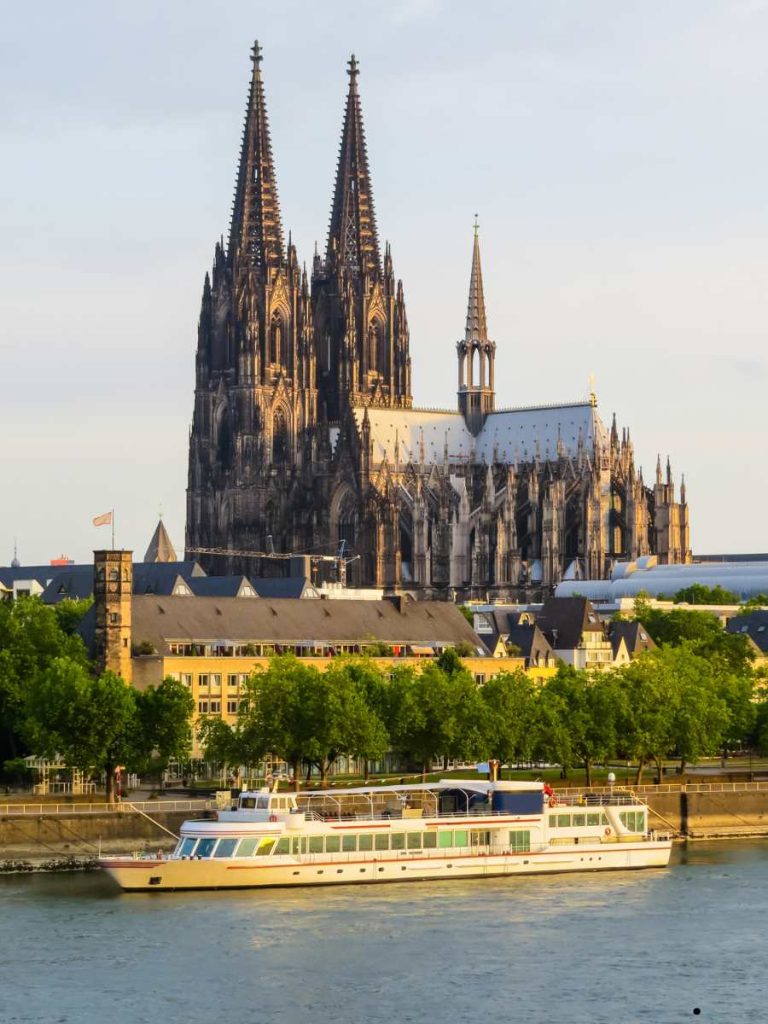
A well-planned itinerary ensures you make the most of your trip:
Planning and Scheduling
Avoid these common mistakes:
- Overloading Your Schedule: Allow for downtime and flexibility in your itinerary to avoid burnout.
- Prioritizing Popular Spots: Balance your time between well-known attractions and lesser-known gems.
Balancing Popular and Off-the-Beaten-Path Destinations
Mixing both types of destinations:
- Popular Attractions: Visit iconic sites like Brandenburg Gate and the Cologne Cathedral.
- Hidden Gems: Discover charming villages and less-visited landmarks for a unique experience.
10. Not Embracing Local Food and Drink

German cuisine and beverages are integral to the cultural experience:
Food Experiences
Don’t miss out on:
- Traditional Dishes: Try dishes like Sauerbraten, Bratwurst, and Apfelstrudel.
- Local Markets: Explore local markets for fresh produce and regional specialties.
Beverages
Experience German drink culture:
- Beer: Sample local brews and visit traditional beer gardens.
- Wine: Enjoy wines from regions like the Mosel and Rheingau.
Conclusion
Traveling to Germany is an exciting opportunity to immerse yourself in a country known for its rich history, vibrant culture, and breathtaking landscapes. By avoiding these common mistakes and preparing accordingly, you’ll ensure that your trip is both enjoyable and memorable.
Understanding and respecting local customs, navigating the transportation system with ease, and embracing the diverse regional cultures will enhance your experience. Whether you’re exploring historic sites, enjoying local cuisine, or simply soaking in the scenery, being well-prepared will help you make the most of every moment in Germany.

